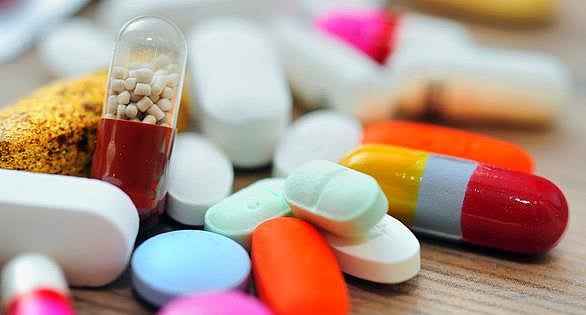In a significant shift in the global pharmaceutical landscape, a substantial portion of French medicines is now being produced in India, either partially or entirely. This trend has positioned India as the world’s premier laboratory, with France increasingly subcontracting the production of medicines, particularly active ingredients. The nation also holds the title of the leading producer of generic medicines worldwide.
In a recent investigation, a pharmaceutical factory in western India granted access to journalists from the French TV channel Franceinfo. The team was on a mission to uncover the reasons behind India’s emergence as the world’s new pharmacy.
Details
One of the primary factors highlighted is the affordability of labor in India. Wages are significantly lower compared to European standards. At this factory, workers receive €280 monthly for a 46-hour workweek. The factory owner candidly stated, “We would not be able to produce generics for the whole world so cheaply if our factory were in France or elsewhere in the world.”
The factory exports 80% of its production, including Amiodarone, a crucial drug for heart patients. France imports this generic because the original patent has expired, with the generic version costing €7 per box compared to €10 for the branded drug. The price disparity is even more pronounced for other medications, contributing to the company’s 30% annual turnover growth, partly fueled by substantial government subsidies.
Indian pharmaceutical companies generally offer their products at 80% less than the original brands, thanks to large-scale production that allows for cost reductions. Political support has also been a cornerstone since the 1970s, enabling companies to reproduce patented drugs. Although legislation has tightened, the industry remains a key model for India’s development.
However, this growth comes at a significant ecological cost. The pharmaceutical industry is a major source of pollution in India, where environmental standards are less stringent than in Europe. FranceInfo journalists were taken by environmentalists to a site near a river contaminated by medicine-producing factories. The appalling smell and water color posed a severe hazard, as local residents use this water for agriculture.
India boasts about ten pharmaceutical hubs, investing heavily in drug production, not just generics. The country has committed over €75 million to research and training institutes, with the pharmaceutical industry itself generating €50 billion last year.
This robust ecosystem makes India indispensable, even for European countries like France. According to a pharmaceutical company owner in northern France, Europe and France rely on India not only for cost savings but also for the skills that are now in short supply on the continent.
As the world’s fifth-largest economic power, India aims to sustain the pharmaceutical industry as a pivotal force in its economic development.
